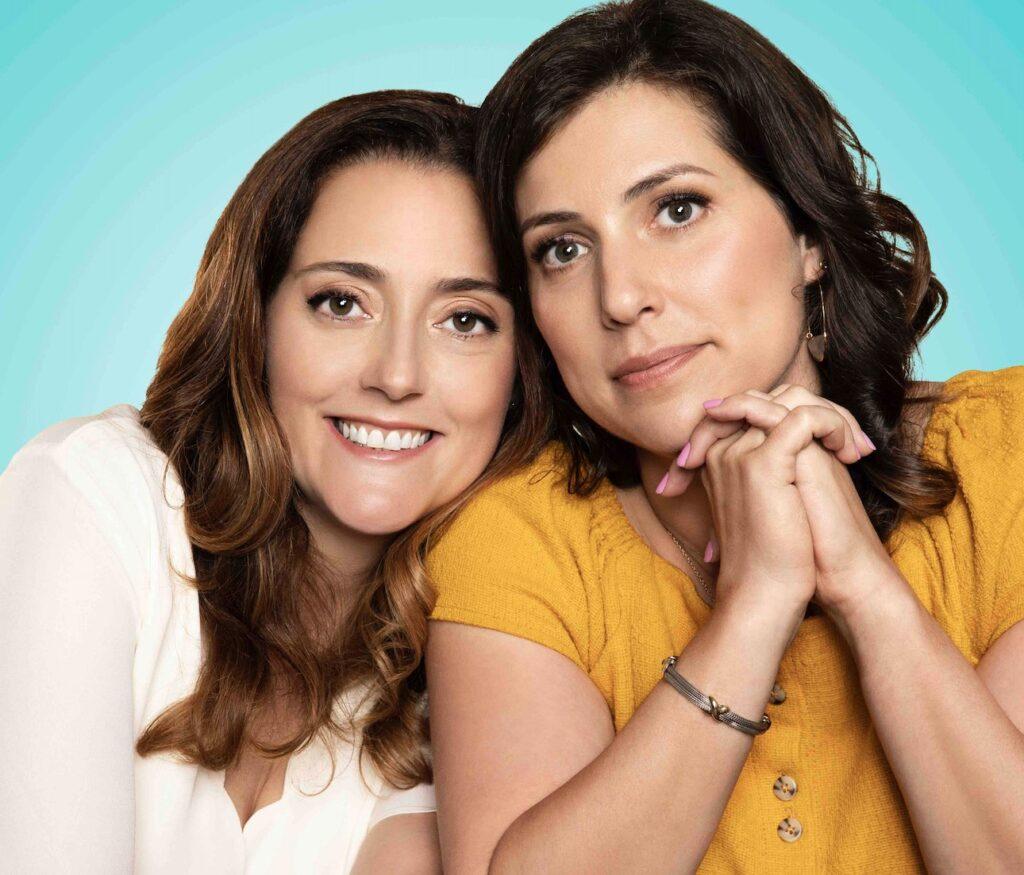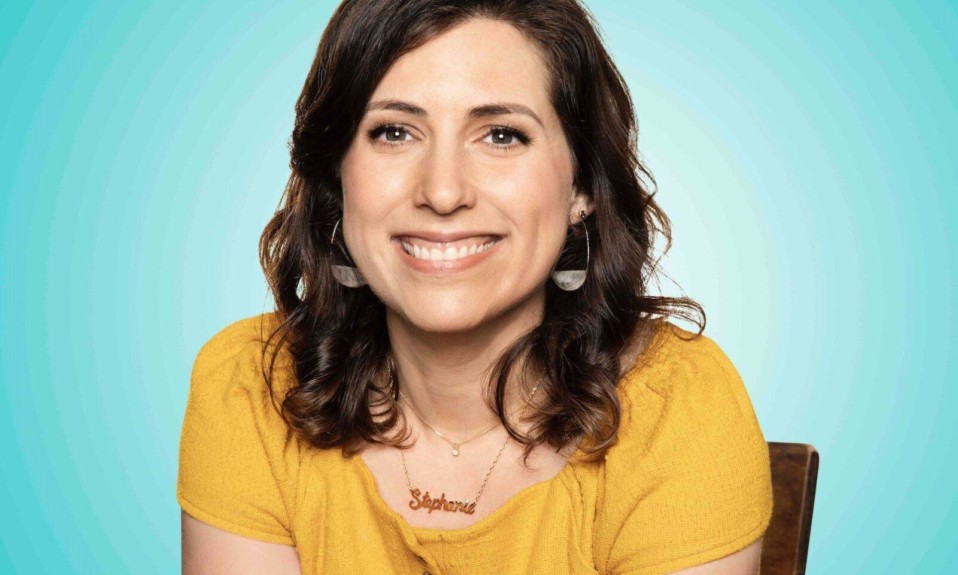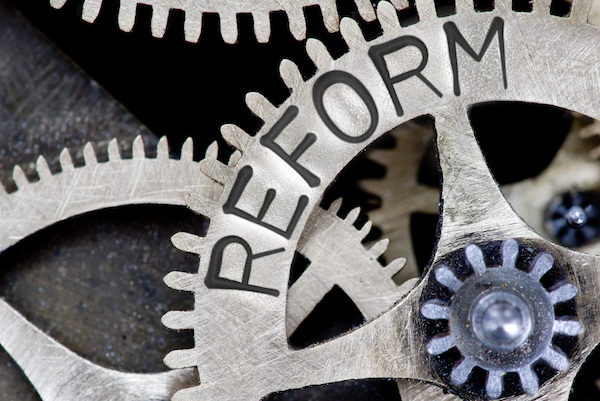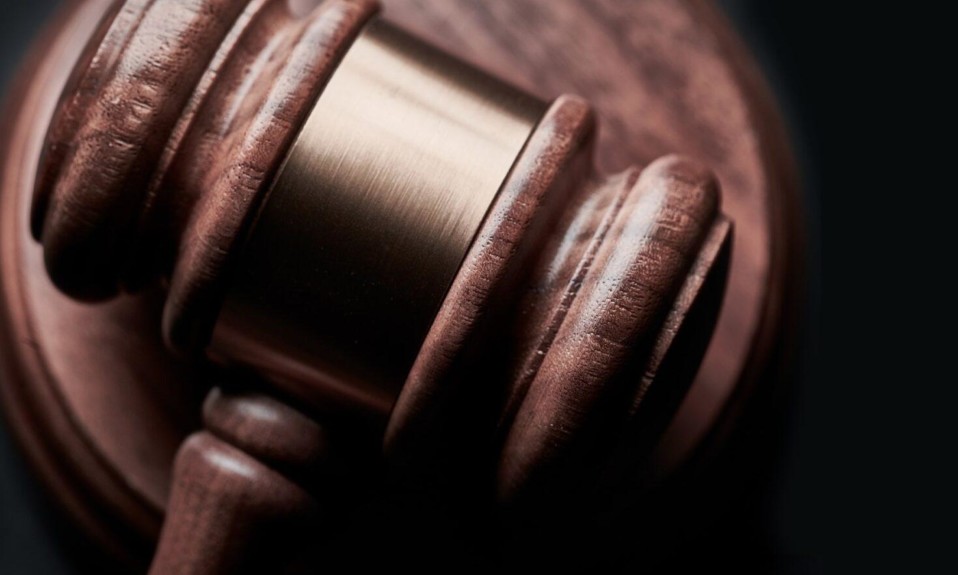Season 2 of the popular podcast shifts from tackling the opioids crisis to finding ways to save lives in this national mental health crisis
By Kim Caviness
October 22, 2020Here we go again, Last Day fans. Stephanie Wittels Wachs, the host and co-creator of Last Day—a harrowing yet strangely hopeful 26-episode podcast about the opioid crisis—is onto a new deadly topic.
In its continued exploration of “what’s killing us,” Last Day is premiering its first episode of Season 2 this week with a deep dive into, yes: suicide.
“The Queen of Darkness strikes again,” jokes Wittels Wachs. “That’s what Jess calls me.”
Jess is Jessica Cordova Kramer, Lemonada Media CEO and her podcast executive producer partner. Jess is a fellow member of what Wittels Wachs calls in an early episode of Last Day “the shittiest club you’d ever want to join.” (We will henceforth refer to them as Stephanie and Jess, which is how they call each other on their podcast.) Both Stephanie and Jess lost their deeply loved, funny, too-young brothers to an opioid overdose: Harris in 2015 and Stefano in 2017.

Despite its tough topic and gut-kicking interviews, Last Day offers a surprising amount of humor and hope in its very serious exploration of why their brothers died and how to one day begin to turn around America’s opioid crisis. (If you haven’t listened to this podcast, this handy overview of highlight episodes and Jess’ favorite shows may be a good place to start.)
Last Day almost didn’t happen. The two women’s paths first crossed when Jess, in Minnesota, heard Stephanie, in Houston, when she was a guest on the podcast Terrible, Thanks for Asking. Struck by the similarity of their lives, Jess cold-called Stephanie to ask if she wanted to co-produce a podcast about opioids.
“She came to me and kind of said, ‘Do you want to do this?’” remembers Stephanie. “And I was a week away from giving birth to my second child, and I said, ‘I don’t, actually, right now. But let’s stay in touch.’ I really liked her, and I connected really deeply with her. I mean, we’re going on our 10th show, so the union is obviously quite good. But at the time, I thought we would get off the phone and not really talk again.”
But—the opioid crisis. “A couple months later,” Stephanie continues, “I read an article that opioids are killing more people than car accidents. And I emailed her right away and I was like, ‘All right, let’s do this. I don’t want to do it because I don’t want to keep thinking about it—but I feel like I have to.’”
And so, here they are, two years later. In addition to Last Day, Stephanie and Jess have gone on to produce nine other podcasts on topics as diverse as healthcare, parenting and policing in the Unites States, through their company Lemonada Media.
Last Day was supposed to be their personal, too-serious podcast, and the others would be the attention-getters and money makers. “We needed to get it out of our bodies, that’s what Lemonada was built on: this shared grief between the two of us,” says Stephanie. No one, therefore, was more surprised than she when it was Last Day—and not, for example, their As Me podcast hosted by an Irish fashionista little person with a big personality named Sinead Burke—that became the breakout hit. “I did not have an idea of what or who would listen, I really did not,” Stephanie says. “I thought that people who are like me and Jess would listen—people who had lost a sibling, [like] my mom, Jess’ mom. But I didn’t think we would reach the wide audience that we did.”
Last Day has been downloaded more than three million times and has 2,000 reviews on Apple alone, according to Jess, who runs the business side of things. Stephanie is the head-down one, who hosts and focuses on the structure and storytelling of each episode.
We think that stories can save the world. That’s my whole life now, is telling stories like this. So, there is a lot of pain in it, but there’s a lot of hope as well.”—Stephanie Wittels Wachs, host and co-creator of the podcast Last Day
Humor, Humanism and Journalism
Last Day’s signature combination of wit (“That snappy Wittels dialogue” is how their producer describes it), humanity and commitment to activist journalism elevates each episode into an additive experience that over time changes how you think about everything addiction.
“I just went into it being myself,” says Stephanie, who worked as a theater director and anime voice actor before podcasting. “I mean, I knew it had to not be a giant bummer or no one would listen. We had to have some levity to it. I function in life that way, and so I think we just took me and took that tone—and this is what came out.”
Despite seeking to keep things light, Last Day refuses to stop at the easy answer. In one episode, Jess’ brother’s widow reports how coldly the EMT technicians treated her husband’s body when they came to their apartment. Nothing we can do, she recalls their saying as they filed out of the apartment, without even trying to revive him. He’s dead. How heartless, we listeners think.
But then, in the next episode, Stephanie hands the mic to the EMTs and gets their stories. They have been called back to revive the same person as often as five times in the same day, we learn. And after being saved, the “overdosee” often comes back angry, yelling at them, “Why did you ruin my high?” Imagine how brutal it must be to work as an EMT, Stephanie asks us to consider.
And so the podcast gets deeper and deeper, better and better, episode after episode. “I will also say that we acknowledged very early on that the issue is extremely complex, and that that’s what we needed to unpack. It’s not one thing,” Stephanie says. “Nobody has an opioid use disorder and ultimately dies from an overdose because of one factor. There are always multiple factors at play. It weighed on me very heavily to make sure we were representing all parts of that story.”
Meet Last Day’s Dr. Nzinga
Another key part of Last Day’s success has to do with the characters and plot lines Stephanie and her team introduce along the way. A favorite, for this listener, is the doctor with a degree in psychiatry of addiction who brings a surprisingly heart-first and evidence-based approach to addiction treatment.
Nzinga Harrison, M.D.—see what gives her hope in her practice of addiction medicine in her Story of Hope for Treatment Magazine—co-founded a treatment center, Eleanor Health, which we visit midway through the first season. She brings a lovingly fierce commitment to do whatever it takes to keep the person using substances alive while they search for what she calls “the magic formula,” which will help them chart their own path to recovery.
“I think it really is that: Everyone’s magic formula is different,” says Stephanie.
“When we talked to Nzinga, I remember the first thing that made my head spin [on the entire podcast] is when she said, ‘It takes five years to get to a point where you are at the level of the regular, typical population who has never been addicted to level out to that place.’ That recovery is a five-year process, not a 30-day process—that was revelatory for me,” she says.
“We were focusing on 30-day programs for my brother because that’s what we were told to do. And I was like, ‘Well, that just blows the lid off of every assumption I had.’”
Harrison was so strong a presence on Season 1 that Lemonada Media created a podcast for her, In Recovery, in which she answers listeners’ questions and continues to offer the audience information, community and hope.
At the end of Season 1, Stephanie says, “I was ready to be done with opioids—I was done. But my audience was not done, which is why we ended up having Nzinga come in to do In Recovery. Because the work was not done. We cracked open a lot in the season that still needed to be talked about, so we were really excited when Nzinga agreed to come on our network.”
Meet Last Day’s Isaac
Another unforgettable Season 1 character is Isaac, who helps Stephanie understand the depths of the stigma around medication-assisted treatment (MAT) in 12-step groups. Stephanie meets Isaac, a former substance user who, she learns in real time during their podcast conversation, had just gotten out of prison that month and is working very hard to stay sober. Isaac goes to meetings, which he needs for community and accountability. But he confesses he has to lie about his use of MAT, so that he doesn’t get kicked out. Isaac is speaking out about it on Last Day, he says, because he hopes to change that for others like him. Powerful.
Nobody has an opioid use disorder and ultimately dies from an overdose because of one factor. There are always multiple factors at play. It weighed on me very heavily to make sure that we were representing all parts of that story.”— Stephanie Wittels Wachs
“It was so clear to me that this was a man who had every aspect of what we were talking about all season,” says Stephanie. Isaac “had childhood trauma, he had undiagnosed mental illness, he had untreated mental illness, he had a lack of access to services—all of these things along the way that then failed him again and again and again. He put himself on Suboxone [in prison] and he had to get it illegally, and he kept getting locked up in solitary confinement because they kept catching him taking it. But he knew he had to take it or ‘his monster would wake up,’ [which] is what he called it. Isaac still stays in touch with me. He emails me all the time—I love this man. He’s one of the one’s that resonated so deeply with me, and he’s making it work for him.”
Now What? Fighting Opioids
As Stephanie and the Lemonada team get ready to tackle a new deadly topic in Season 2, what insights from Season 1 emerge as the priorities for fighting opioids and addiction in the United States—and altering national outcomes?
Stephanie pauses. It goes back to Nzinga’s magic formula: It’s different for everyone, she thinks aloud. As with just about everything in addiction and treatment, Stephanie points out that it’s never one thing—it’s all of them, co-occurring.
Stephanie takes a deep breath and rat-tat-tats her wish list of opioid crisis change agents (numbers have been added for clarity):
- “We have to invest in harm reduction.
- We have to make outpatient treatment as accessible, valued and promoted as these 30-day residential spas.
- We have to give primary-care doctors the tools and the training.
- We have to realign and destigmatize and all of those words about MAT and how it is not a Band-Aid: It is a medical treatment for a lifelong chronic illness.
- We need access to mental health.
- We need to look at the people who are running these 30-day programs. It’s not a viable business model for them if people go in and get clean after 30 days. It doesn’t work.
- We need time. Time to invest in each person’s recovery.
“So I just threw a lot at you,” Stephanie says. “There is no one way—and you got to stick to it. For people who get treatment, there’s no, ‘All right, I’m cured, see you later.’ You don’t let them leave the treatment center and then never talk to them again. You continue to follow up forever. It’s consistency, follow-through, long-term care, addressing all the things we need to address at multiple points along the way.”
So there you have it. There’s a lot of wisdom and treatment industry best practices in this list. It’s on all of us in the treatment field to help in this fight against opioids. Thank you, Last Day, Season 1.
Onto Season 2
Here we go, Last Day listeners: suicide. The new season premiered yesterday, Oct. 21. With Stephanie back as our trusted host, Last Day has partnered with the JED Foundation, a leader in emotional-health advocacy, to help make sure the podcast gets it right in exploring the important nuances of suicide.
Stephanie doesn’t yet know the full range of conclusions and stories the podcast will highlight. This time, she says, the team took a different tack: doing all the recording up front and finding its way through the stories as the season builds.
As with addiction, there are misconceptions to dispel. “Oh, the person got bullied, or the person found out this terrible diagnosis and they ended their life,” Stephanie says. “But that myth is not necessarily true. There are a lot of different factors that you can trace back that built up to this moment. It’s never one thing. It’s never as nice and neat as that.”
The other difference in this season is that neither Stephanie nor Jess has experienced a loved one’s suicide. “So, it’s really complicated,” Stephanie says. “It’s a lot more pressure to get it right this time because we can’t rely on me saying, ‘Well, this is what this feels like for me.’ It is a lot more reporting, and what I have found, anecdotally, it’s a lot harder to crack the shells on this one.”
Yes, Season 2 is a tad depressing. But, as Stephanie points out, these are depressing times: thank you, COVID. “Unfortunately, suicide rates are climbing, overdose rates are climbing, loneliness, hopelessness, all of that, and someone’s got to talk about it. Why not the Queen of Darkness?” she says, grinning.
“We are not just talking to families whose loved ones have died by suicide. We’re talking to survivors. That’s been a really wonderful part of it: talking to people who had the thought and who pushed through and fought it and are here to tell their stories. We think stories can save the world. That’s my whole life now, telling stories like this. So, there is a lot of pain in it, but there’s a lot of hope as well.”
Finding hope, stories and humans committed to reversing the national rise in suicide. Last Day and the Queen of Darkness are on the case, again.
What gives Stephanie, Jess and Nzinga hope as they help work to reverse opioid addiction? Read what each wrote in their own Story of Hope for TreatmentMagazine.com.














